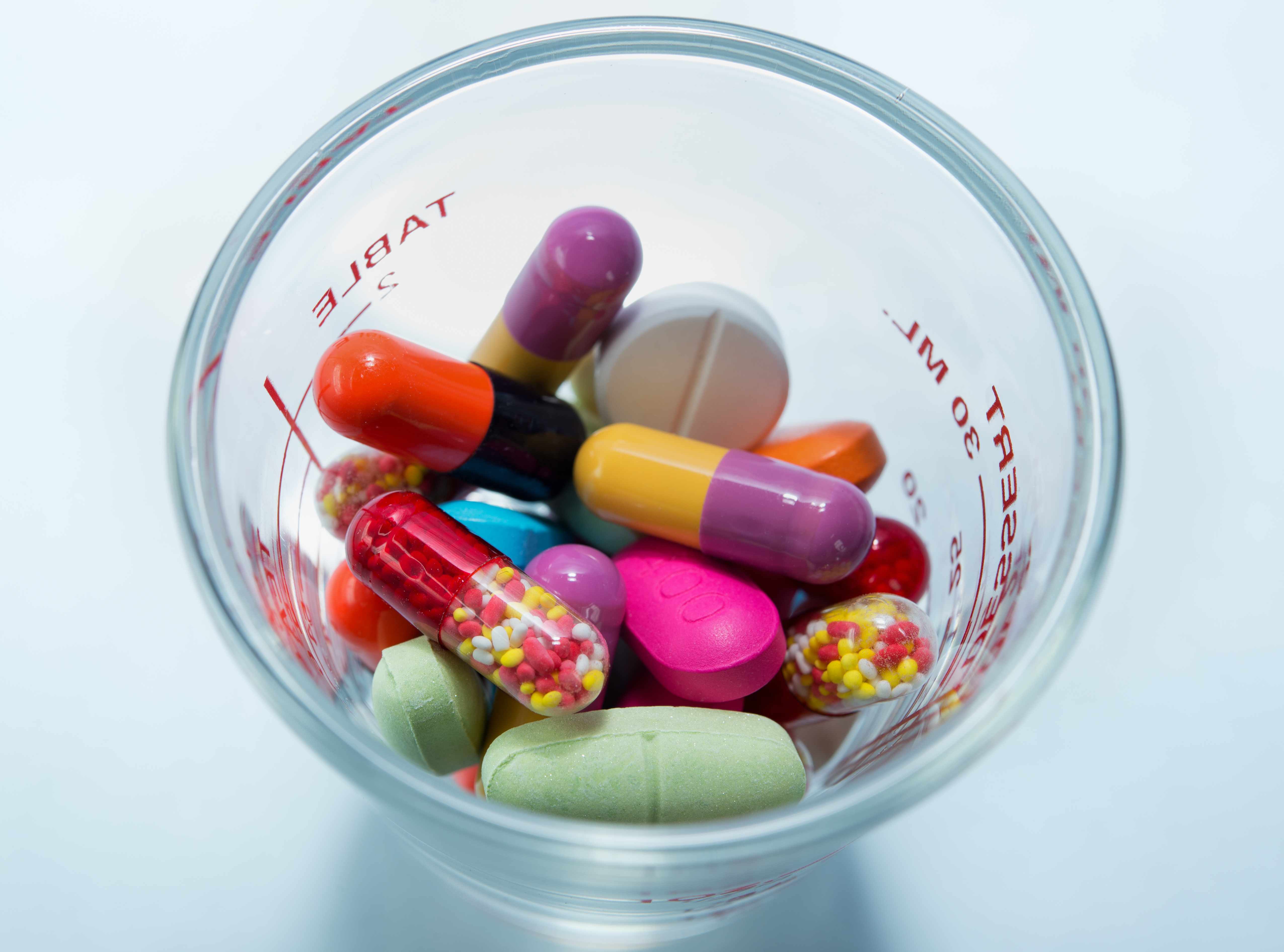
Antibiotic resistance is the focus of health leaders who have declared Nov. 13-19 World Antibiotic Awareness Week. Dr. Rizwan Sohail, a Mayo Clinic infectious diseases specialist says the World Health Organization “estimates that, each year, approximately 700,000 people around the globe die of bacterial infections that are resistant to antibiotics. And, in the U.S, the CDC estimates that, each year, around 2 million Americans become infected with bacteria that are antibiotic-resistant. They estimate around 23,000 deaths in the U.S. each year with the resistant bacteria.”
Dr. Sohail says this is an opportunity to answer some important questions about the overuse of these powerful medications.
Watch: Dr. Rizwan Sohail discusses antibiotic resistance.
Journalists: Broadcast-quality sound bites are in the downloads.
What is antibiotic resistance?
We all carry bacteria in our mouth and gut,” says Dr. Sohail. “As bacteria are exposed to antibiotics, they evolve and change in a way that antibiotics are unable to kill those bacteria. These resistant bacteria can then spread from one person to another.
What do antibiotics work for and against?
Antibiotics work against bacteria. They do not work against viruses or parasites, or mold infections. A lot of the upper airway infections, such sinus infections, ear infections, or bronchitis that people come to visit their doctors for in the clinic or in the emergency department are caused by viruses. And, therefore, the antibiotics don’t really help in these situations.
Can one person make a difference in the fight against antibiotic resistance?
Everybody needs to play their role. As providers or, you know, whether physicians or health care providers, we need to be more careful about choosing the right antibiotic to treat bacterial infections.” Dr. Sohail says, “As patients or family members, we need to be aware of the side effects of antibiotics, and should not insist on getting the antibiotics if our doctor does not think they would help us.
What are specific things each of us can do to help with the problem?
Stay healthy ourselves, and practicing hand hygiene can limit the spread of infection from us to others. Also, patients or their parents should not share the antibiotics. They should always ask their health care providers if they need antibiotics, because they may not be helpful. When we do get the antibiotics, we should take them as prescribed — at the appropriate time, and for the appropriate duration. Do not take your antibiotics longer, or not even shorter, than the time that was recommended by the physicians, or provider,“ says Dr. Sohail.
Related Articles







